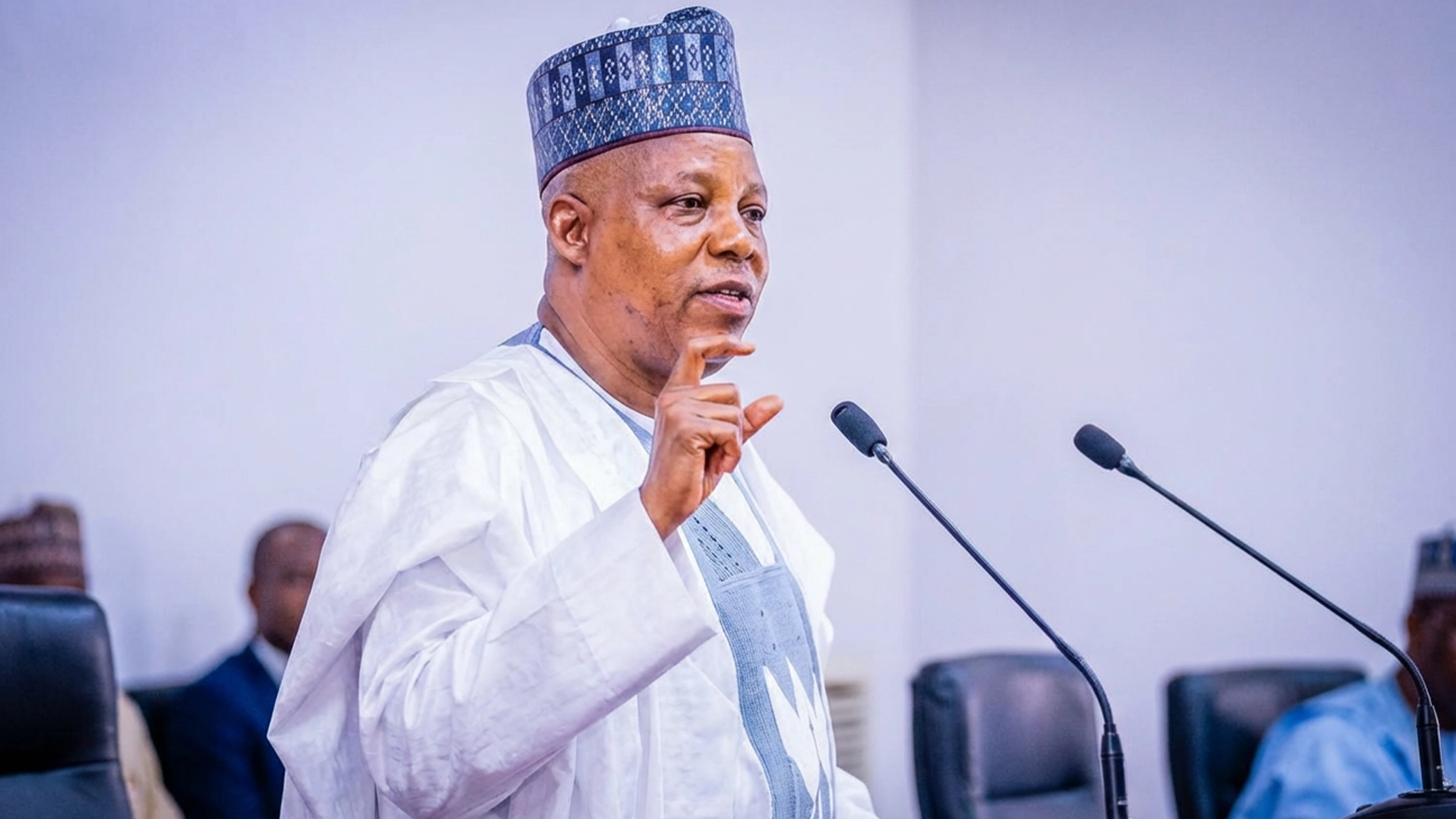
The abysmal gender disparity in boards of most corporate Nigerian entities and its negative effects on businesses, yesterday, formed the kernel of discussions at a forum in Lagos, with the speakers calling for the reversal of the trend.
Speakers at the event, organised by Women Directors’ Development Committee of the Institute of Directors Nigeria (IoD), noted with dismay that women were the most under-utilised assets in the world, asking that they be given more opportunities to excel.
Leading the discussions, the chairman, Board of Access Bank Plc and guest speaker, Mrs. Mosun Belo-Olusoga, who bemoaned that though women do most of the work, however, noted that they remained under-compensated, hence their gender had become poor and uneducated.
Belo-Olusoga, who spoke on the theme, “Women As Leaders: Financial independence and Business Sustainability”, said gender inequality impacts negatively on businesses, even leading to poor health and untimely death sometimes.
She said though the 2015/2016 financial year has seen women slightly gaining visibility vis-à-vis leadership roles as evident in the three chairpersons of the boards of First Bank, GTBank as well as Access Bank, Belo-Olusoga , nonetheless, submitted that the percentage was infinitesimal when compared to that of men.
According to her, only about four per cent of women in businesses were in top level, whereas 15 per cent of them are entrepreneurs and employers of labour with another 40 per cent contributing to global work places.
While emphasizing the need for women to network with a view to honing their skills and competencies, she however, urged them never to shy away from leadership positions.
Also speaking, chairman of the Organising Committee, Chief Sena Anthony, said a study of the top 10 firms in the Nigeria Stock Exchange (NSE) market capitalisation wise, has shown that only 22 of the 144 directors of these companies were women.
This, she stressed, showed that female representation on the boards of the affected companies stood at mere 15 per cent, as against globe’s 30 per cent with some countries even recommending a 40 a per cent representation.
She maintained that women in Nigeria have a long way to go, adding that surveys had revealed that companies with higher female representation on their boards achieved better profitability.
She, therefore, appealed to the IoD president and Council members to join in championing the course.
On the choice of the event’s theme, Chief Anthony said it was carefully selected to benefit not just the attendees but also other women entrepreneurs in the country.
She noted that studies have further revealed that there are over 17 million small and medium enterprises (SMEs) in Nigeria with a bulk of them owned by women.
Anthony regretted that the failure rate of the SMEs is higher with women, citing the fear of women in this sector to either borrow for sustainability, inability to access finance or stringent collateral conditions that are untenable.
“It is therefore, imperative for us as women directors to discuss what can be done to remedy this grave situation, especially since studies have also shown that women are better at repaying their loans than men.
“We, therefore, commend banks like that chaired by our keynote speaker, which have brought out credit facilities specially for women,” she added.
In his remarks, the President/Chairman of IoD Governing Council, Samuel Yemi Akeju, aligned with the call for increased women participation in the boards of corporate bodies and government.
He also disclosed plans to get the institute chartered so it could serve as the minimum requirement for board appointments.
For the chairman of GTBßank, Mrs. Osaretin Demuren, women need more of such programmes in order to network and improve their gender parity meritoriously.
The conference, a prelude to the September mega-summit in Abuja, drew participants from various sectors of the nation’s economy.






